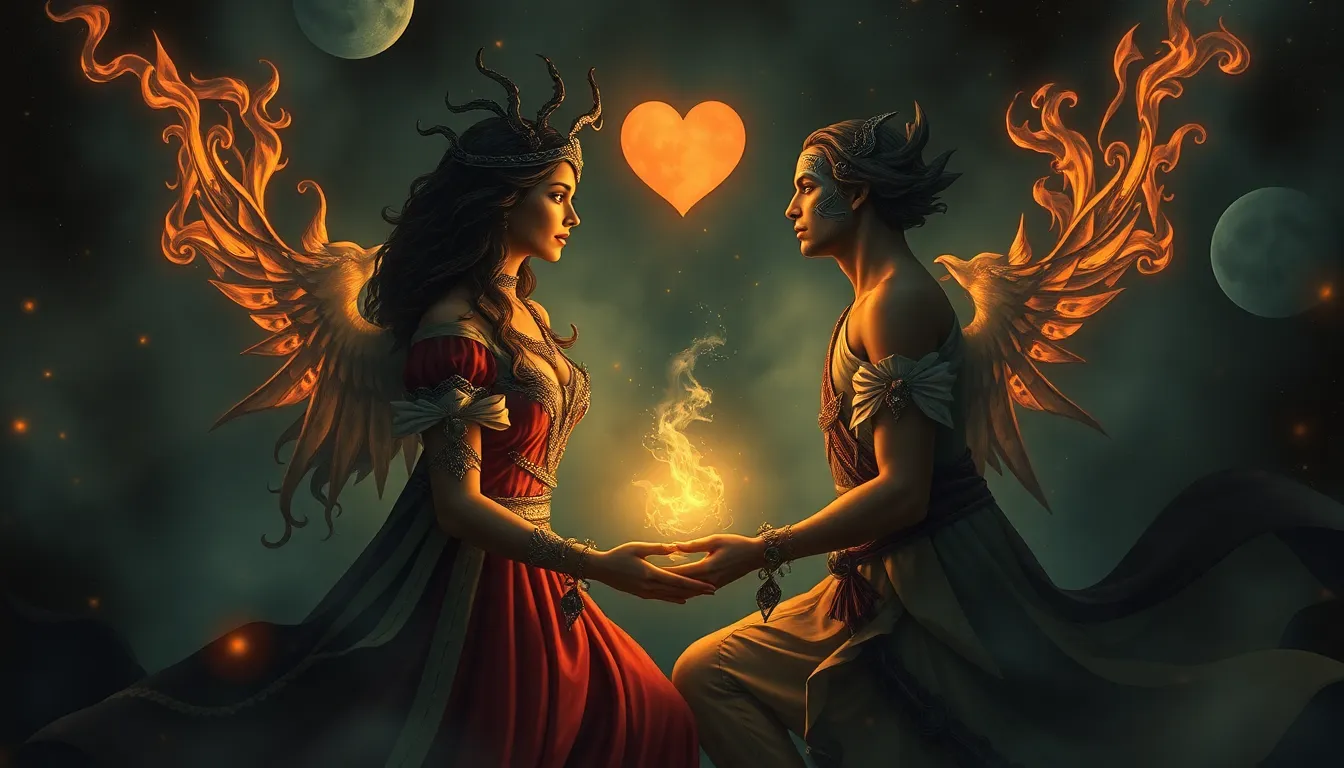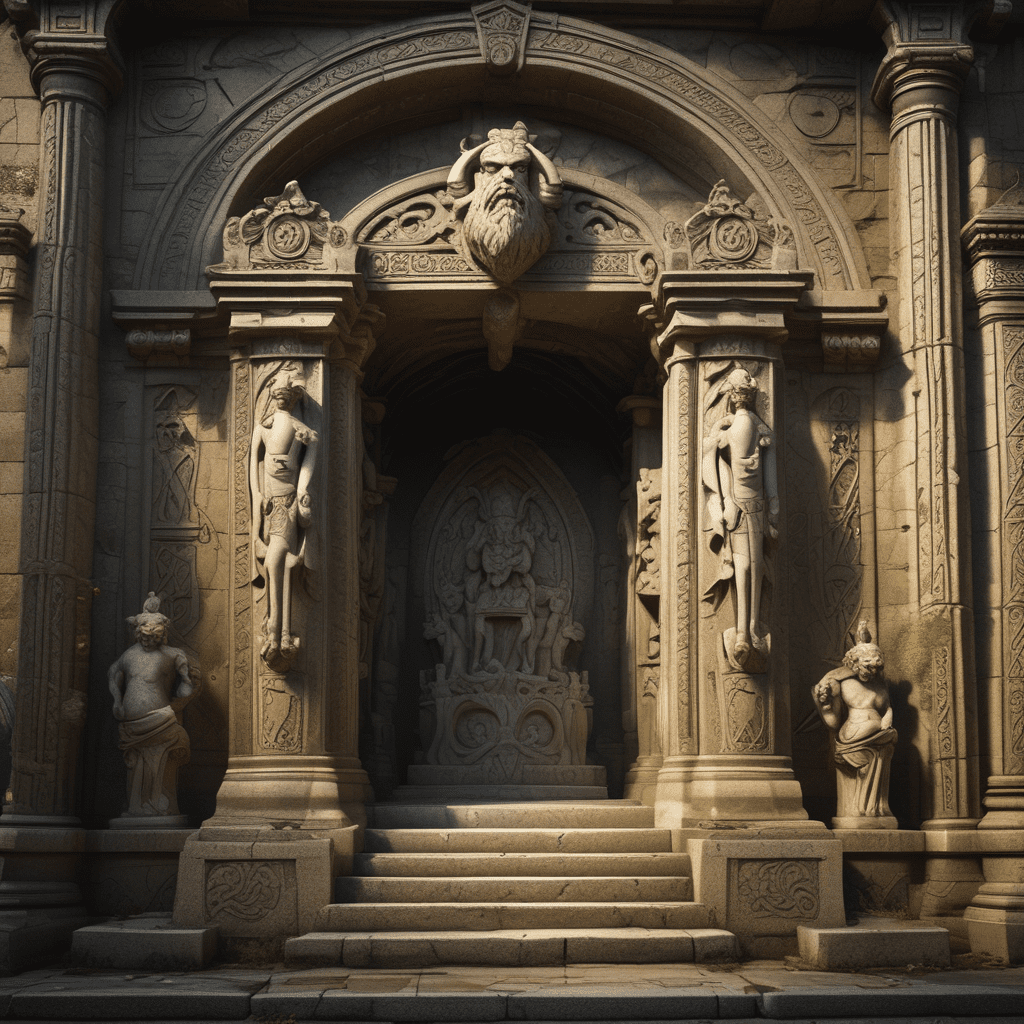The Prophetic Dreams of History’s Greatest Leaders: What Did They See?
I. Introduction
Throughout history, dreams have played a significant role in shaping the thoughts and actions of many influential leaders. These dreams, often described as prophetic, have provided insights, warnings, and visions that have altered the course of history. This article delves into the concept of prophetic dreams, explores notable instances from history, and examines their impact on leadership and decision-making.
II. The Concept of Prophetic Dreams
Prophetic dreams are typically defined as dreams that are believed to predict future events or convey important messages. Various cultures and societies have interpreted these dreams in numerous ways:
- Historical interpretations: Ancient civilizations often viewed dreams as omens or messages from the divine.
- Psychological perspectives: Modern psychology suggests that dreams reflect our subconscious thoughts and can influence our behavior and decisions.
- Cultural significance: Across different societies, dreams have been seen as a source of guidance, inspiration, or even warning.
III. Abraham Lincoln: The Dream of His Assassination
Abraham Lincoln, the 16th President of the United States, faced immense challenges during his presidency, particularly during the Civil War. In the days leading up to his assassination, Lincoln reportedly experienced a vivid dream that foretold his death.
In his dream, Lincoln saw himself wandering through the White House, hearing the sound of weeping. Upon asking a soldier about the source of the sorrow, he was informed that the President had been killed. This unsettling dream left a profound impact on Lincoln, leading him to ponder the implications of his fate.
Lincoln’s response to this prophetic dream was one of reflection and somber consideration. While he did not alter his actions based on the dream, it showcased his awareness of the dangers he faced. This incident has been analyzed as a reflection of Lincoln’s deep sense of duty and his understanding of the turbulent times he navigated.
IV. Joan of Arc: Visions of Destiny
Joan of Arc, a peasant girl from France, rose to prominence during the Hundred Years’ War. From a young age, she reported having visions and hearing voices, which she believed were divine messages guiding her to support Charles VII and reclaim France from English occupation.
The nature of her dreams and visions was intensely spiritual and filled with symbolism. These experiences fueled her determination and inspired countless others to join her cause. Joan’s visions not only influenced her actions but also galvanized the French army, leading to significant victories.
Joan’s commitment to her dreams and visions ultimately shaped the course of French history, symbolizing courage and faith in the face of adversity. Her legacy continues to inspire leaders and activists around the world.
V. Martin Luther King Jr.: The Dream of Equality
Martin Luther King Jr. was a pivotal figure in the American civil rights movement, advocating for equality and justice through nonviolent resistance. His famous “I Have a Dream” speech, delivered during the 1963 March on Washington, articulated a powerful vision of a racially integrated and harmonious America.
The dream King described was rooted in his hope for a future where individuals would be judged by their character rather than the color of their skin. This speech resonated deeply with millions and became a defining moment in the civil rights movement.
The lasting impact of King’s dream is evident in the ongoing struggle for civil rights and social justice. His vision continues to inspire generations, reminding us of the power of dreams in shaping societal change.
VI. George Washington: The Vision of War and Unity
George Washington, the first President of the United States, played a crucial role in the American Revolutionary War. During this tumultuous time, he experienced a prophetic dream that revealed his fears and hopes for the nation.
In his dream, Washington envisioned a future where America would be unified and strong, despite the challenges it faced. This vision influenced his leadership and decision-making throughout the war, reinforcing his commitment to the cause of independence.
Washington’s dream symbolized the ideals of unity and perseverance, which became foundational to the emerging nation. His ability to inspire and lead was rooted in his vision for America’s future.
VII. Winston Churchill: Dreams of Victory
Winston Churchill served as the Prime Minister of the United Kingdom during World War II, a period marked by immense struggle and uncertainty. Churchill’s dreams often reflected his hopes for victory and resilience against the Axis powers.
One notable dream involved visions of triumph over tyranny, which served to rally the British public and instill a sense of determination. Churchill’s speeches, infused with the spirit of his dreams, inspired the nation to stand firm in the face of adversity.
The significance of Churchill’s visions extended beyond mere personal reflection; they became a rallying cry for the British spirit, uniting the country in their quest for freedom.
VIII. Indira Gandhi: Visions of Leadership
Indira Gandhi, the first and only female Prime Minister of India, faced numerous challenges during her political career. She reportedly experienced dreams that reflected her political ambitions and visions for India.
Gandhi’s dreams often encompassed themes of strength, resilience, and a commitment to her nation’s progress. These dreams influenced her policies, particularly in areas such as economic reform and national unity.
Her leadership style, characterized by determination and vision, can be traced back to the aspirations she articulated through her dreams. Gandhi’s legacy remains a testament to the power of visionary leadership.
IX. Common Themes in the Dreams of Leaders
Throughout history, the dreams of leaders reveal recurring motifs and symbols:
- Warnings and omens: Many leaders experienced dreams that served as warnings about potential dangers or moral dilemmas.
- Visions of unity and strength: Dreams often reflected aspirations for national unity and collective strength.
- Influence on decision-making: Dreams played a significant role in shaping leaders’ decisions and actions, guiding them in times of uncertainty.
The interplay between dreams and historical trajectories underscores their impact on leadership, showcasing how visions can inspire and guide action.
X. Conclusion
In summary, the prophetic dreams of history’s greatest leaders provide a fascinating insight into the intersection of dreams and leadership. From Lincoln’s foreboding visions to King’s hopeful aspirations, these dreams have shaped the course of history and influenced countless lives.
As we reflect on the relevance of prophetic dreams in contemporary leadership, it becomes clear that dreams continue to hold power. They serve as reminders of the potential for foresight, inspiration, and the courage to dream of a better future. In the end, the dreams of leaders remind us that vision is a vital component of effective leadership.


